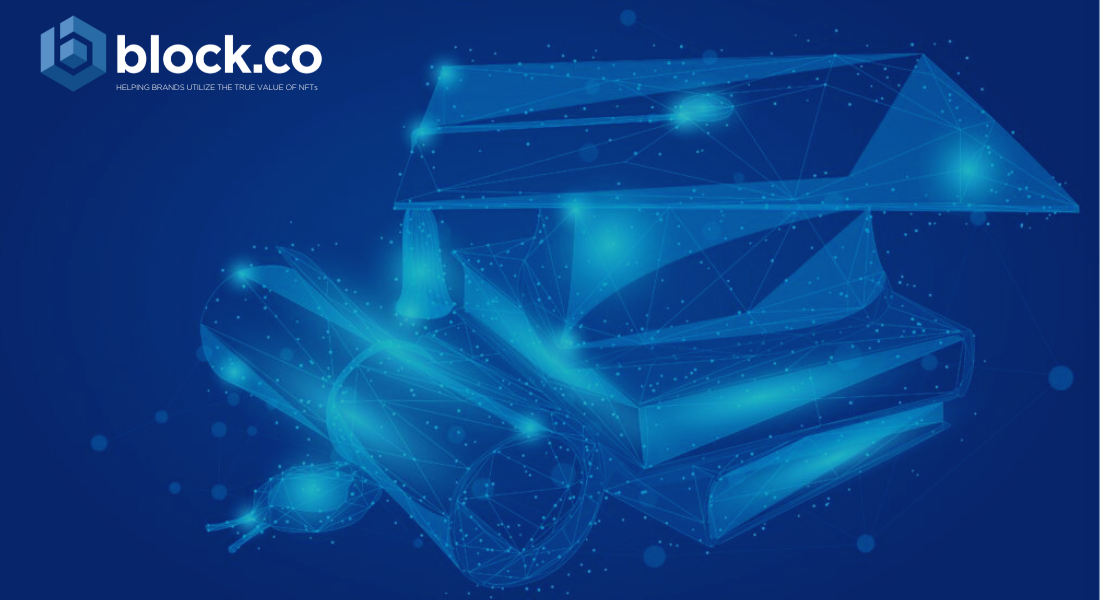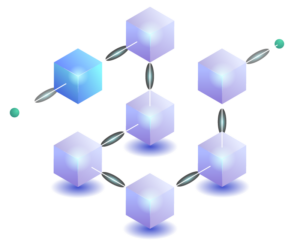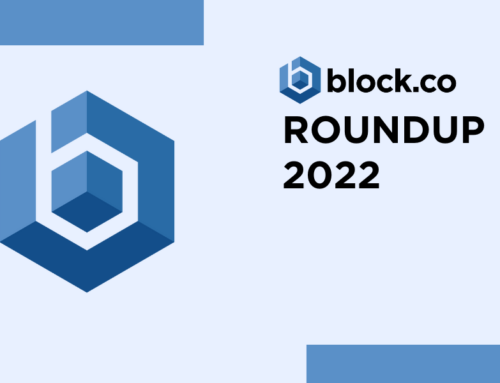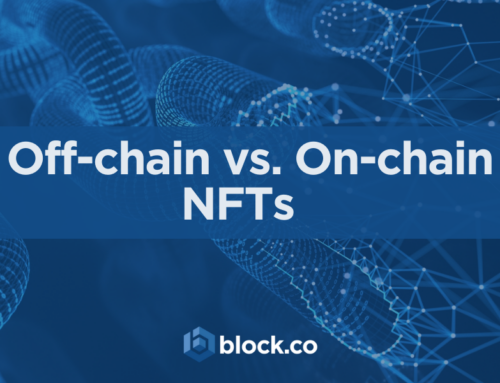Webcast Insights — Blockchain for the Educational Industry: Remote Learning, Social Distancing and the Certification Case

Every industry is typically disrupted by technology. From financial to legal services, retail to manufacturing, they all experience an economic and systematic impact due to innovation at some point. With a global edu-tech market expected to grow to $93.76 billion by the end of 2020, education is no exception to the rule.
Recently, South Korea’s Suseong University announced a plan to create a blockchain and AI campus in Daegu, an indication that the world is rapidly changing due to the global Covid-19 crisis and that a blockchain and AI-based society could be materializing quickly.
In addition to smart working, smart cities, and everything else that can be identified as a technology-driven system, smart classrooms are also not too far-off from being accepted as a new standard, and blockchain will help develop that new model by facilitating transactions, issuance of documentation and enhancing online security.
In a previous article, Block.co had already illustrated the benefits of blockchain technology for universities and all academic institutions. Cost-saving and anti-fraud support are only a couple of the advantages offered by the innovative solution.
A few months on, since that article, blockchain and other disruptive technologies have acquired a completely new significance in light of the current Covid-19 emergency. Remote working and learning have forced a re-evaluation of the existing technologies that turned out to be essential in easing the transition to a new performing method.
In most cases, due to the urgency, institutions were under pressure to accelerate their remote working adoption process at the same time as facing all the difficulties and major issues presented by critical situations. Those who were already using advanced digital tools like blockchain and Artificial Intelligence instead turned out to be better prepared and in many cases even more productive than in the pre-covid era.
Professor George Giaglis, Executive Director of the Institute For the Future at the University of Nicosia declared during the last Block.co webcast that “In order for a technology to be highly effective, an organization needs to invest in the right people first or the tech is wasted and useless. At the University of Nicosia, we were well prepared and our people were educated to cope easily with the new Covid-19 working from home situation. This helped them being even more productive since they did not have to spend any time adapting to a new working model”
In 2015, the University of Nicosia became the first to use blockchain to issue verified academic credentials on the Bitcoin blockchain. Professor Giaglis believes that blockchain for universities represents a basket of different technologies, all converging together to build a future with no limits. In particular, the way blockchain can and will be combined with AI or IoT.
Academic institutions that adopted blockchain early opened opportunities to commercial markets too, since any type of certification that requires tamper-proof against fraud finds a great help in the blockchain.
Similarly, the British University of Dubai was an early adopter of disruptive technologies and found it easy to adjust to the new working model. As explained by the other prominent guest of the webcast, Dr. Maria Papadaki, Managing Director at the BUiD Dubai Center for Risk and Innovation, “Remote working is here to stay because we have the digital tools that allow it”.
Yet, she also highlighted a different perspective: “Yes, it’s here to stay but not here to take the human being out of the system. We need to find a balance between what technology can offer in terms of improving our learning or working experiences and the everlasting need for the personal exchange of feelings and energy. We do not have to encourage a distance between students and professors, employers, and their staff, by allowing digital technology to overtake all aspects of relationships”.
Blockchain has helped both universities tackle fraud issues as well as certify students digitally on the bitcoin network, thus avoiding physical presence and even direct contact with the institution. In the coronavirus era, this turned out to be vital.
Decentralizing finance was the first original intent of blockchain, therefore it should not come as a surprise that also academic institutions might want to try that route. Tokenization via blockchain is an experimental use that academic institutions are attempting to facilitate payments. Smart contractscan be used to assign a reputation to users based on feedback from others, who will be initially verified by a blockchain-based ID system. Another model conceives blockchain to tokenize talent in a private tutoring environment. They are all experiments at present but give us the idea of what future directions might be for universities.
In this regard, Prof. George Giaglis reminds us that central banks will likely issue their own digital currencies in the next two years. This means that also all other digital currencies and tokens already in existence will be legitimized as a result.
One essential aspect of the adoption process of technologies like blockchain will certainly be a desirable collaboration between universities. Dr. Maria Papadaki has always been an advocate of creating a network between academic institutions in order to share and obtain the best results by technology. “BUiD is working closely with UNIC, Block.co, and the Dubai Blockchain center. It is a way of showing our commitment to both Emirates Blockchain strategy and Dubai Strategy to make Dubai the happiest city on Earth.”
There’s plenty of space for further technological innovation in the industry and one of the issues that will have to be resolved in the future is the possibility to mimic remote examinations.
During the Block.co webcast, Prof. George Giaglis launched a challenge to developers who would like to take the entrepreneurial way and could assist in building an application or software that will make remote examinations possible and trustworthy.
If anyone is interested in taking up the challenge, the University of Nicosia and BLOCK.CO would like to hear from them!
If you liked this article, why don’t you have a look at our Webcast Insights -Blockchain for the Legal Industry: How Is the Coronavirus Crisis Making Adoption More Imminent article? Show your appreciation by clapping on our articles!
If your brand is ready to take the step into web 3.0 and NFT marketing, to optimize engagement with your audience in innovative ways, then click the button below to get your Free Trial, a limited number of Free NFTs, and a Free Consultation call from our team!
For more info, contact Block.co directly or email at enquiries@block.co.
Tel +357 70007828
Get the latest from Block.co, like and follow us on social media:







